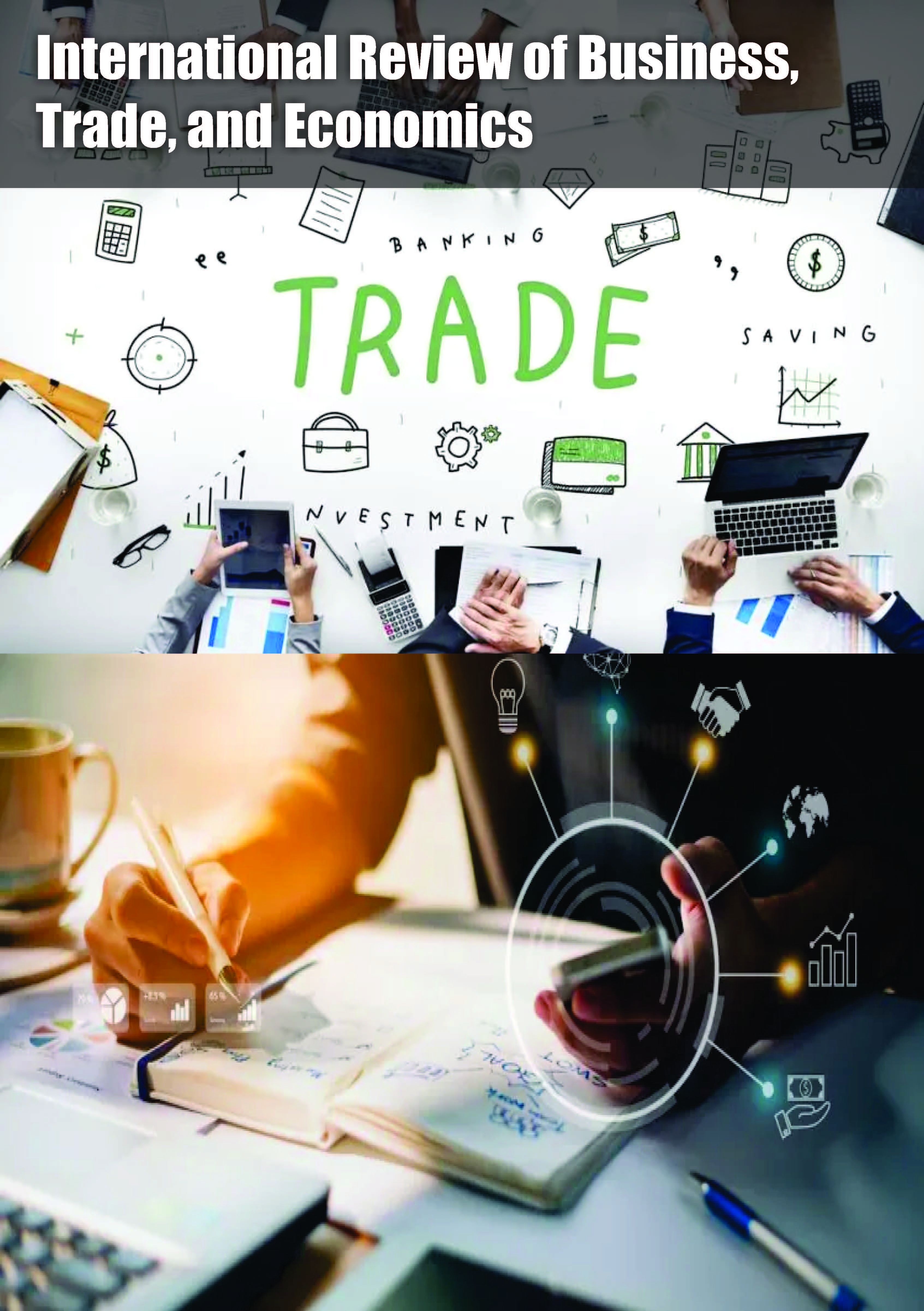International Review of Business, Trade, and Economics

Aim and Scope
International Review of Business, Trade, and Economics focuses on high-quality, interdisciplinary research that contributes to the understanding of complex business, trade, and economic issues. The journal welcomes empirical and theoretical studies that offer valuable insights into global and regional economic structures, corporate governance, trade policies, and financial innovations.
Key areas of focus include:
Business and Management: Organizational behavior, corporate strategy, entrepreneurship, leadership, supply chain management, and digital business transformations.
International Trade and Finance: Trade agreements, foreign direct investment, international banking, and financial risk management.
Economic Policy and Development: Fiscal and monetary policies, economic growth, labor markets, and income distribution.
Sustainability and Global Markets: Corporate social responsibility, ethical business practices, circular economy models, and climate change economics.
Emerging Trends and Technologies: Artificial intelligence in business, fintech, blockchain in commerce, and the gig economy.
Recognizing the global nature of business and economics, the journal actively seeks research that spans multiple regions and offers comparative perspectives. Articles that integrate quantitative and qualitative approaches, case studies, and policy evaluations are particularly encouraged.
By publishing innovative research and fostering discussions that connect academia with industry, International Review of Business, Trade, and Economics aims to be a leading resource for scholars, professionals, and policymakers striving for informed decision-making in today’s complex economic environment.
The journal also welcomes research that explores economic resilience, financial crises, and evolving consumer behavior in response to technological advancements. Through its diverse scope, the journal ensures that its content remains relevant to both contemporary and future challenges in global business and economics.

